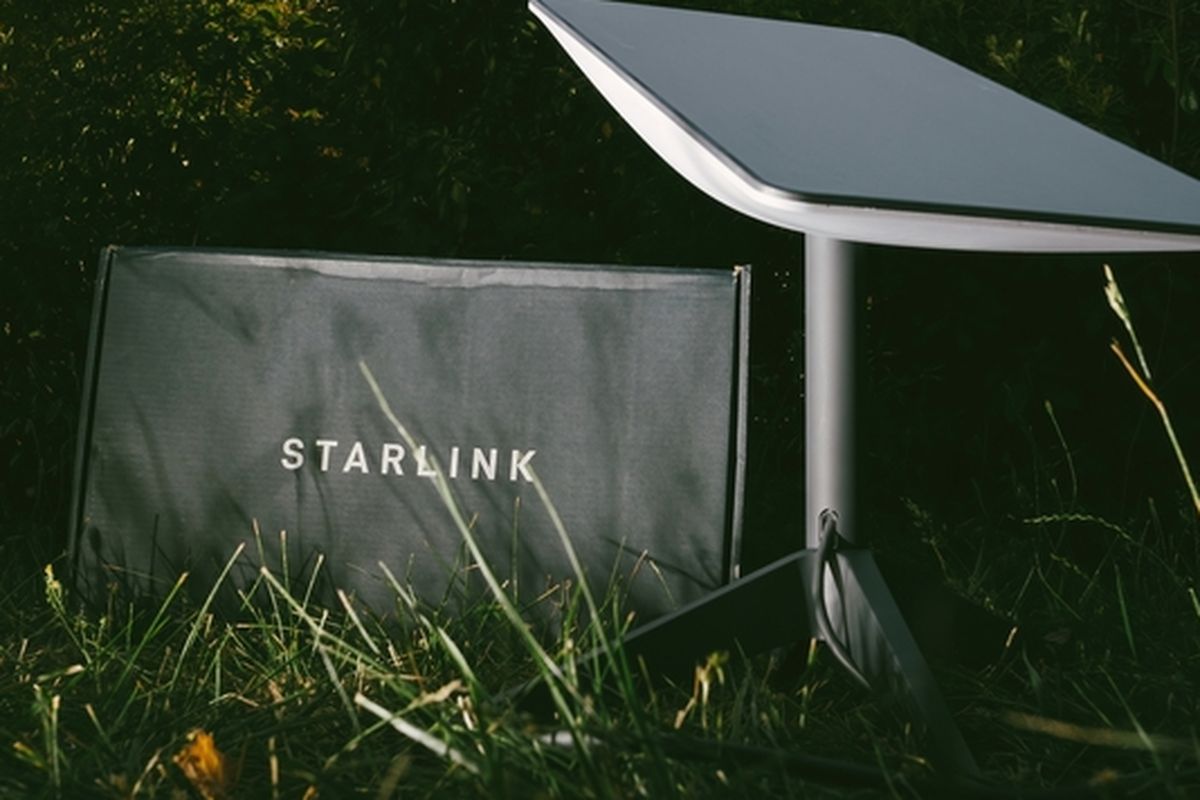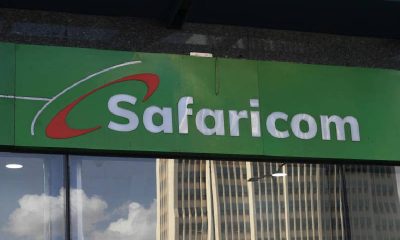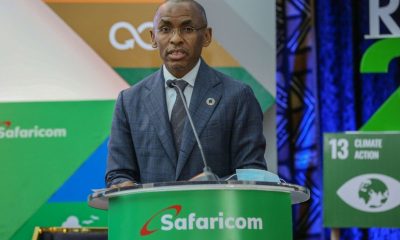Business
Starlink Faces Predatory Pricing Allegations In Kenya

Starlink’s entry into the Kenyan market has indeed stirred up quite a bit of controversy. Since its launch in July 2023, Starlink has been offering high-speed internet at competitive prices, which has led to concerns from local competitors like Safaricom.
Jamii Telecommunications Limited, Kenya’s number two internet player behind Safaricom, has asked the communications regulator to investigate the alleged predatory pricing, a letter tabled in the High Court shows.
They argue that Starlink’s pricing strategy is predatory, potentially driving out local providers by offering services at unsustainable low prices.
The Communications Authority of Kenya (CA) is even seeking guidance from the United Nations to develop regulations for satellite internet services to ensure fair competition and protect local businesses.
Predatory pricing involves a business setting a very low price in order to attract customers away from competitors, who will struggle to match the low price and may go bust.
Currently, Starlink’s lowest package is retailing at Sh1,300 per month for 50 gigabytes (GB)—a price Jamii says only few local operators will be able to match when you factor in infrastructure rollout costs, operational costs and other costs associated with delivery of ICT services.
The number of Kenyans using satellite internet has surged since Starlink entered the Kenyan market in July last year.
In Kenya, Mr Musk priced Starlink at Sh1,300 per month for 50GB, versus $120 (Sh15,504) in the United States, and has lowered the cost of its access equipment from Sh89,000 to the current Sh45,500.
Safaricom charges Sh5,000 for 47GB, but its package includes talk time of 2,500 minutes and 5, 000 SMSes.
“The considerably low prices offered by Starlink, which are predatory in nature, will make it difficult for local internet service providers to compete on both price and service, and ultimately kill competition by undermining the efforts of local companies,” said Joshua Chepkwony, the Jamii chairman and CEO, in the September 3 letter to the CA.
“Seeing that Starlink’s prices are commercially unsustainable in the long run, it is safe to say that its current strategy is driven towards mopping up subscriber numbers with the ultimate intention of upwardly reviewing the prices once it has achieved a critical mass.”
Jamii alleged that the Starlink has, for instance, admitted on various media platforms that it loses more than 50 percent on every kit it produces in order to keep the prices low.
The Jamii protest mirrors concerns in other markets where wealthy firms engaging in predatory pricing raise prices after gaining market share and vanquishing rival companies.
Starlink has faced similar accusations in countries such as Indonesia and India, but the firm has argued that it maintains “absolute transparency” on pricing and performance around the world.
In India, Reliance Jio and Bharti Airtel—the two main players— called for a level playing field as the country works out the norms for satellite communication spectrum.
Jamii’s allegation of predatory pricing has effectively dragged the Competition Authority of Kenya (CAK)— antitrust authority— into the court battle over Starlink’s operation.
The CAK has the mandate and powers to initiate an investigation on its own if it finds merit in complaints.
The probe would hinge on whether Starlink is selling below its production costs and how it charges for similar products in other markets.
“The Authority will seek to ascertain whether the dominant undertaking will be making losses as price is lower than average variable cost,” says CAK guidelines.
“The Authority will also consider whether the conduct has led to the elimination of a significant and/or an efficient competitor and whether the dominant player can recoup its losses after it would have eliminated or weakened its competitor(s) from the market.”
The CA revealed the predatory pricing claim in a court suit where legal lobby group Kituo Cha Sheria has sued it for responding to Safaricom on July 9 that it was reviewing the telecoms company’s concerns over Starlink.
Safaricom in July urged regulators to consider requiring satellite internet providers such as Starlink to partner with local mobile network operators, saying its present dealings could allow illegal connections and harmful interference with mobile networks.
It also cited security risks and lapses in regulatory oversight, due to the cross-border nature of satellite services.
Starlink currently operates in over 100 countries globally, including 14 in Africa. In many of these markets, their products are still at the test stage.
The firm has disrupted the internet service market in different African countries including Kenya where it had captured a market share of 0.5 percent at the end of June 2024, amassing a subscriber base that totaled 8,063 users.
Safaricom maintained the lead with a market share of 36.4 percent, followed by JTL (24 percent) and Wananchi Group (17.5 percent).
Starlink’s pricing strategy came under scrutiny in Nigeria where in September it shocked the market with a 97.3 percent rise in the prices of its standard residential plan to 75,000 Nigerian naira (Sh5,800) from N38,000 (Sh2,900), citing “excessive inflation”.
This prompted consumer uproar, prompting Starlink to freeze the price hike amid talks with the regulator.
“We are temporarily suspending this price increase as we navigate regulatory challenges. We remain committed to providing high-speed internet in Nigeria, but we need regulatory support to make the improvements necessary for a better customer experience. Without these approvals, our ability to continue delivering service is at risk,” the company said.
Kenya Insights allows guest blogging, if you want to be published on Kenya’s most authoritative and accurate blog, have an expose, news TIPS, story angles, human interest stories, drop us an email on [email protected] or via Telegram
-

 Americas7 days ago
Americas7 days agoEpstein Files: Bill Clinton and George Bush Accused Of Raping A Boy In A Yacht Of ‘Ritualistic Sacrifice’
-

 Business1 week ago
Business1 week agoCooking Fuel Firm Koko Collapses After Govt Blocks Sh23bn Carbon Deal
-

 Business7 days ago
Business7 days agoABSA BANK IN CRISIS: How Internal Rot and Client Betrayals Have Exposed Kenya’s Banking Giant
-

 Business4 days ago
Business4 days agoKRA Can Now Tax Unexplained Bank Deposits
-

 Lifestyle17 hours ago
Lifestyle17 hours agoThe General’s Fall: From Barracks To Bankruptcy As Illness Ravages Karangi’s Memory And Empire
-

 Investigations3 days ago
Investigations3 days agoEpstein Files: Sultan bin Sulayem Bragged on His Closeness to President Uhuru Then His Firm DP World Controversially Won Port Construction in Kenya, Tanzania
-

 Investigations2 weeks ago
Investigations2 weeks agoPaul Ndung’u Sues SportPesa for Sh348 Million in UK Court, Accuses Safaricom Boss of Sh2.3 Billion Conspiracy
-

 Americas7 days ago
Americas7 days agoEpstein Files: Trump Accused of Auctioning Underage Girls, Measuring Genitals and Murder



























